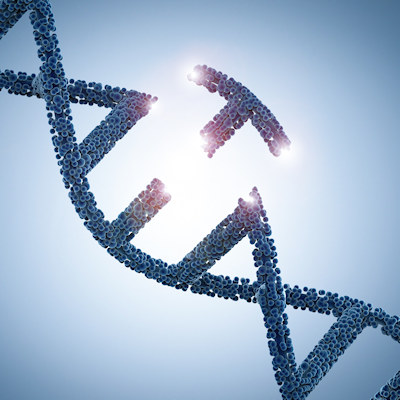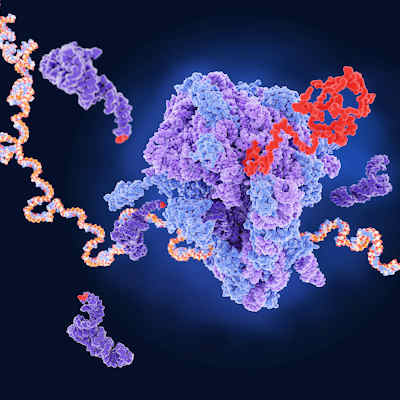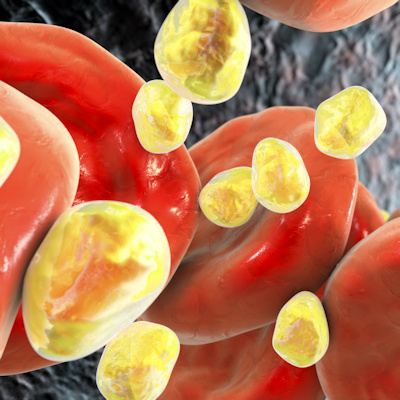May 19, 2022 -- Precision BioSciences is highlighting new research showing that its gene editing drug candidate targeting the hepatitis B virus (HBV) achieved an 85% reduction in covalently closed circular DNA (cccDNA) and a 77% reduction in hepatitis B surface antigen (HBsAg) in HBV-infected primary human hepatocytes (PHH).
Published online in Molecular Therapy, "Targeting the Hepatitis B cccDNA with a Sequence-Specific Arcus Nuclease to Eliminate Hepatitis B Virus In Vivo," shows Precision BioScience's potential drug candidate PBGENE-HBV used in conjunction with its Arcus platform may eliminate virus persistence in patients with chronic hepatitis B.
The researchers evaluated Arcus in vivo by developing novel mouse and non-human primate models that used an episomal adeno-associated virus (AAV) containing a portion of the HBV genome to serve as a surrogate for cccDNA. A lipid nanoparticle containing Arcus mRNA was administered and in addition to the 85% decrease in the cccDNA surrogate in both episomal models, the researchers noticed a 96% reduction of HBsAg in mice. In addition, the optimized specificity of the Arcus nuclease completely prevented detectable chromosomal translocations in the PHH model, according to Precision BioSciences.
The research was conducted in collaboration with Gilead Sciences and Acuitas Therapeutics.
Copyright © 2022 scienceboard.net











